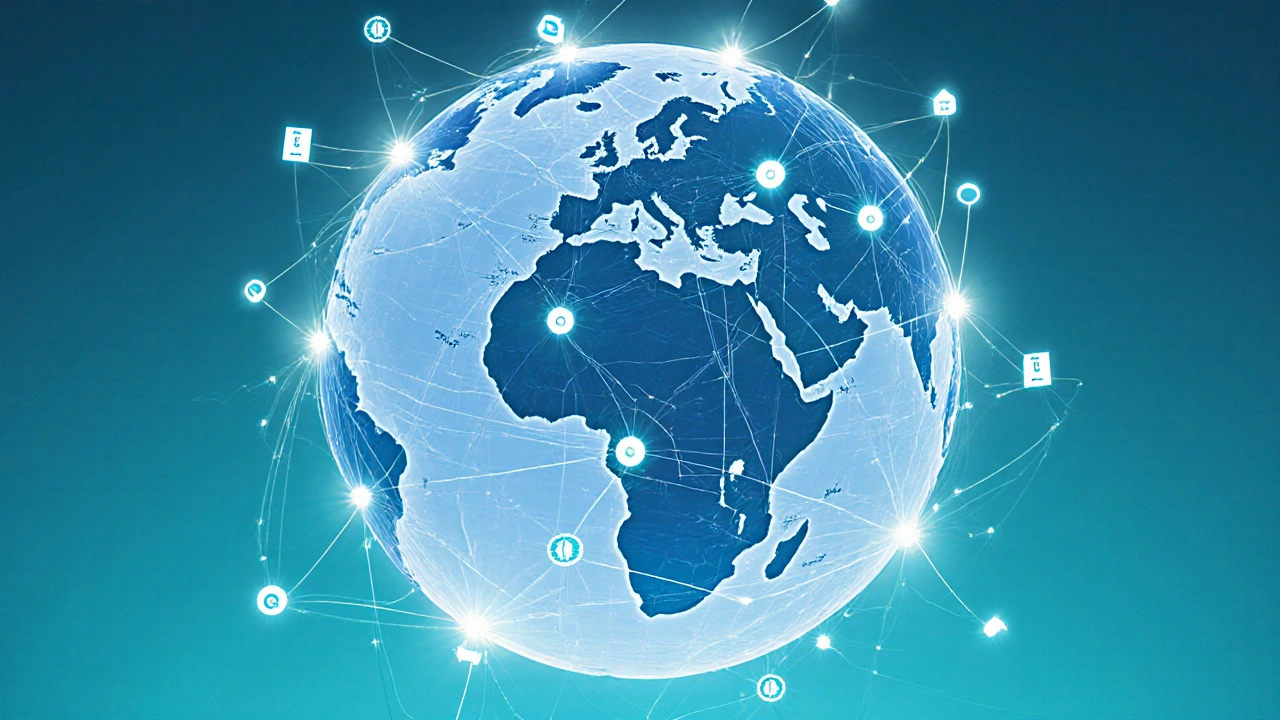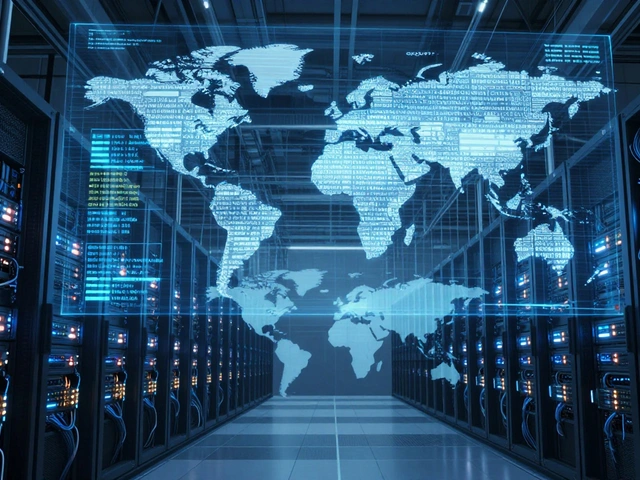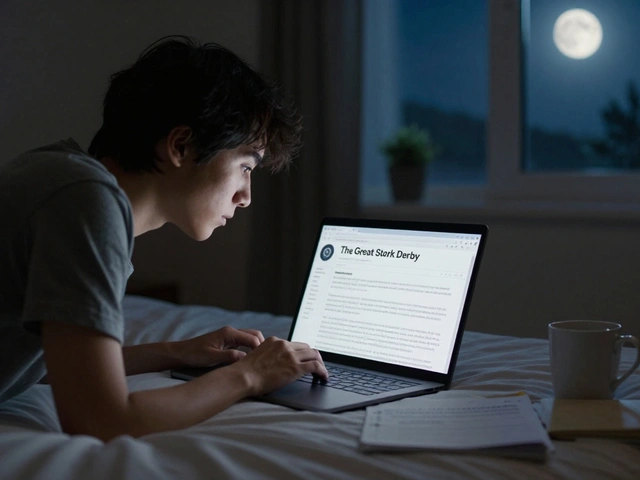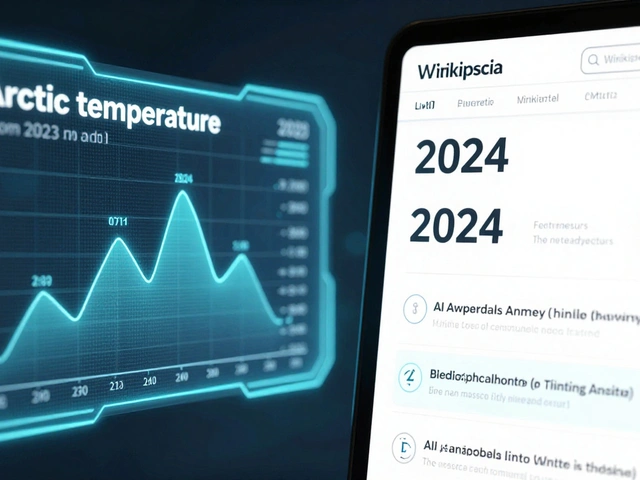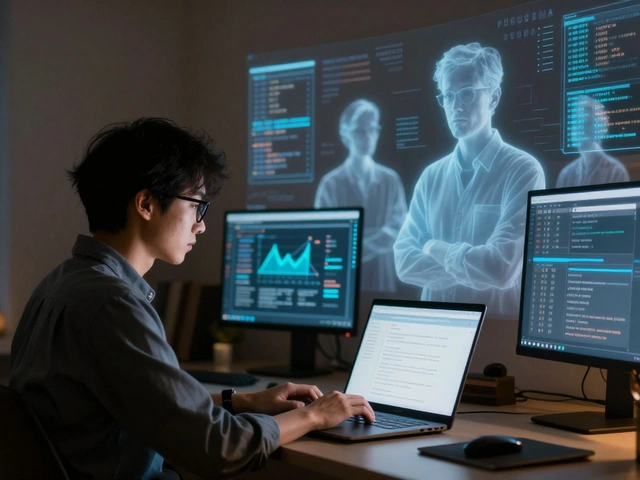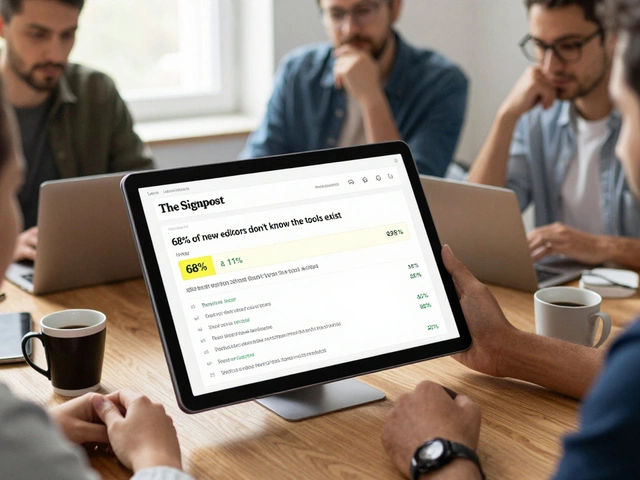Wikipedia licensing: How open content rules keep the encyclopedia free
When you read a Wikipedia article, you’re seeing content shaped by a simple but powerful idea: Wikipedia licensing, a system that lets anyone use, share, and modify Wikipedia’s content as long as they give credit and keep it free. Also known as free content licensing, it’s what makes Wikipedia different from every other encyclopedia on the web. Unlike traditional publishers who lock content behind paywalls or strict copyright, Wikipedia uses open licenses to let teachers, students, developers, and even AI systems build on its knowledge—without asking permission.
This system relies on two key tools: the Creative Commons Attribution-ShareAlike license, a legal framework that lets people copy and adapt content if they credit the original and share their changes under the same terms, and the GNU Free Documentation License, an older but still active license used in some early Wikipedia content. These aren’t just legal fine print—they’re the foundation of Wikipedia’s entire model. Every edit you make, every image you upload, every fact you cite must follow these rules. If it doesn’t, it gets removed. That’s why copyright takedown requests are one of the biggest challenges Wikipedia faces: someone uploads a photo from a magazine, a news article gets copied word-for-word, or a company tries to erase criticism by claiming ownership. The system has to reject those to stay true to its mission.
Wikipedia licensing doesn’t just protect content—it enables collaboration. It’s why Wikidata can share facts across 300+ language versions, why journalists use Wikipedia as a starting point to find real sources, and why volunteers keep editing even when no one pays them. It’s also why AI companies can’t just scrape Wikipedia and call it their own. If they use Wikipedia’s data, they have to share their results openly too. That’s a big deal in an era where most knowledge is locked behind corporate walls. The Wikimedia Foundation, the nonprofit that supports Wikipedia’s infrastructure and legal framework fights to keep these rules strong, pushing back against attempts to privatize public knowledge.
What you’ll find below are real stories about how this system works—sometimes smoothly, sometimes under pressure. From copyright battles that erase years of work, to how volunteers fight to keep Indigenous knowledge alive under open licenses, to how AI tools are learning from Wikipedia’s rules. This isn’t about legal theory. It’s about what happens when you build a global encyclopedia on the idea that knowledge belongs to everyone.
The Evolution of Wikipedia's Copyright Policies and Licensing
Wikipedia’s shift from GFDL to Creative Commons licensing transformed how global knowledge is shared. Learn how its copyright policies evolved to support free reuse, community enforcement, and AI-era challenges.
CC BY-SA Licensing on Wikipedia: How Versioning, Compatibility, and Reuse Work
Wikipedia's CC BY-SA license lets anyone reuse its content for free, as long as credit is given and changes are shared under the same terms. Learn how versioning, compatibility, and reuse rules work in practice.

